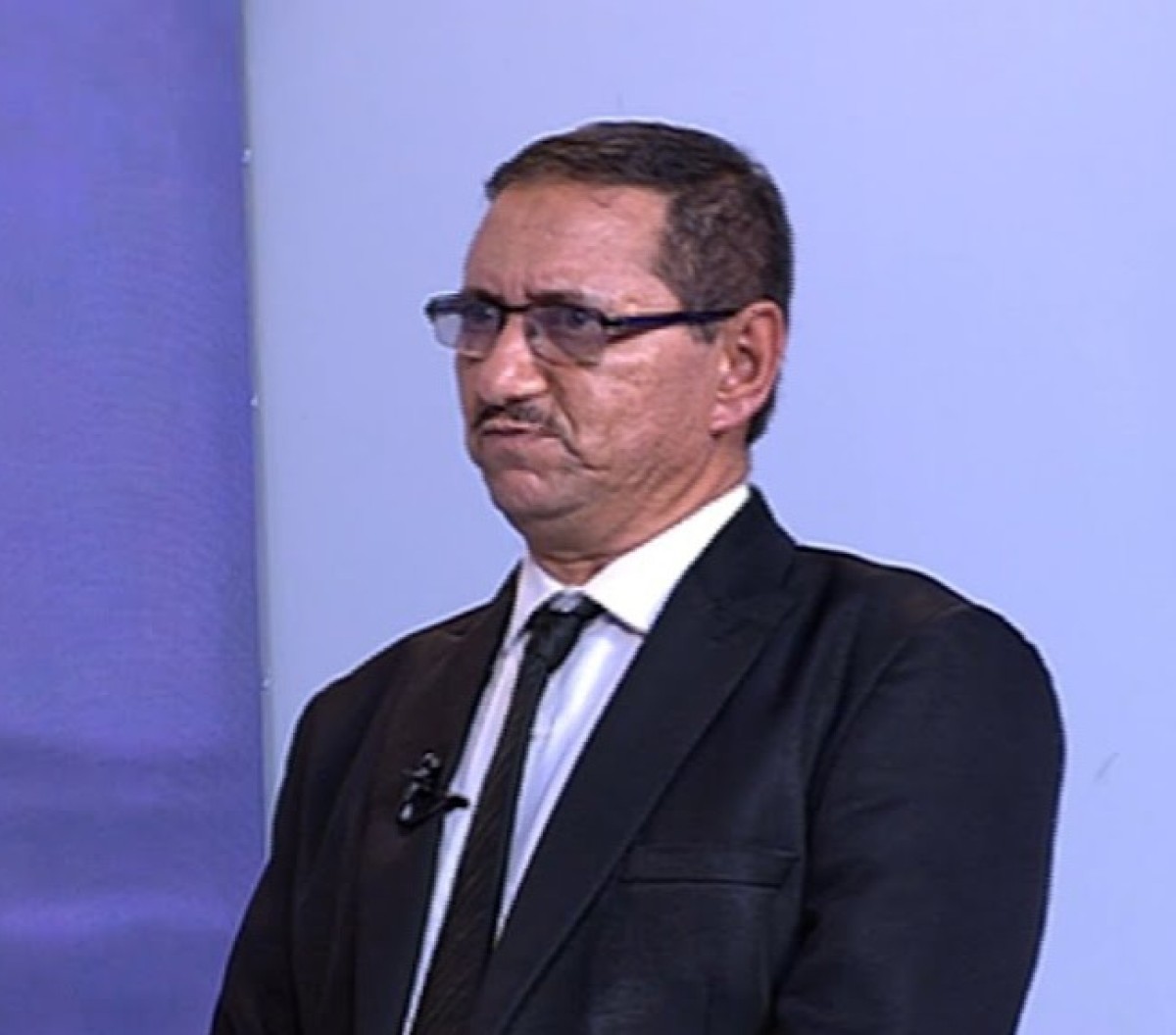A funny popular proverb that was first said by my father


Proverbs are considered one of the cultural treasures of any nation or people, and they are among the Arabs as well, in addition to the virtue of the Arabs in eloquence, eloquence, and clarification, creativity and reception.
The ancient Arabs were interested in proverbs and transmitted them since the pre-Islamic era. Today we have eloquent Arabic proverbs in which books and studies have been written, ancient and modern, and we have popular proverbs associated with this or that people, or this or that region, even within the framework of one country.
A proverb is similar to wisdom in its brevity and eloquence, but the proverb is linked to a specific situation, a specific story, or a specific event, and that story, event, or situation results in this or that proverb, and there are noble hadiths that were turned into proverbs, as well as poetic verses that became proverbs used in different situations. .
The example is used in situations similar to the one in which it was said, but wisdom is an eloquent, concise and correct statement, brought by a wise man who has experience and culture in life and long observation and experience.
In the past they said: “I cut off the speech of every preacher”
This is an eloquent pre-Islamic proverb that was told in a story stating that a Bedouin man killed another man from another tribe, so the people from the two tribes gathered to deliver a sermon.
They were discussing what would be done to the murderer who had escaped, then a woman named Jahiza came and shouted at the people and said: “The killer has been killed,” meaning they had caught up with him and killed him. Then one of those present said: “Jaheza cut off the words of every preacher.” The preachers have stopped, what will they say when the murderer has been killed; This saying became an example.
To this day in similar situations, when people disagree about an issue, and another person comes from afar and resolves the issue over which the people disagreed, and brings them news that the issue has been resolved or ended.
But the proverb that I will mention here, my father said it - and not with pride - and he did not know that the phrase he said would turn into a proverb. He said it while I was listening to him, and no one was with him except me. So what is this proverb, and what is the story that resulted from it?< /p>
My father used to smoke cigarettes from time to time and he did not do it a lot. My older brother also smoked more than my father, and one time my brother decided to quit smoking - and this was a good thing - but whenever he saw my father smoking, he would start smoking and ask... My father only had one cigarette, considering that he had quit smoking, so my father gave him what he asked for; My brother was in this state more and more. From time to time, he kept asking my father for a cigarette. When my father discovered, in my brother’s absence, that my brother had smoked more cigarettes than he had smoked, he commented on that in an audible voice, as if he were blaming him or talking to himself, saying: “This did not invalidate it.” The cigarette, but he stopped buying it. Its meaning here is to give up or give up.
So I heard this phrase and laughed, when I was a young boy. I liked this expression or sarcastic comment, so I was telling the story because it was funny. So the story spread, and this phrase that was associated with it spread until it became an example, and it became clear that it is used in similar situations, when a person leaves something. As he claims, he still uses it or orders it from this and that and does not buy it himself.
This proverb became famous - especially among dreamers - who used it in similar situations, and I myself noticed this invocation of the proverb in some situations.
He had abandoned his first speaker and joined the field of common proverbs.
Yes, it is a proverb that my father said - may God Almighty have mercy on him -.